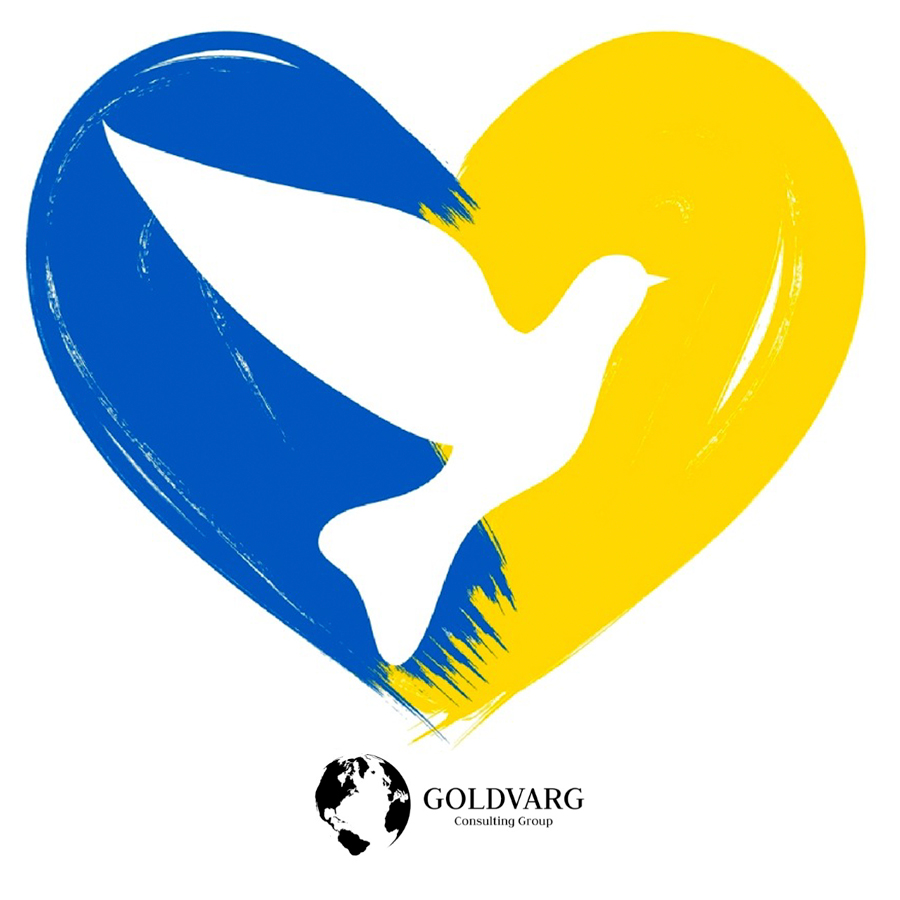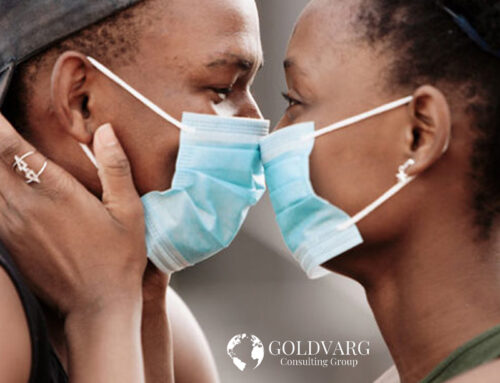By Damián Goldvarg
The invasion of Ukraine affects us all, no matter where we are in the world. In my case, I am of Ukrainian descent who immigrated to Argentina in the early twentieth century, and in addition, I have Russian clients and colleagues living in California, Canada, and the United Kingdom. They are people who I care very much about and have been directly affected by what is happening in Ukraine.
The photos published by the newspapers, as well as the videos disseminated on television, as well as those that abound on social networks, in one way or another affect us all in different ways. is very sad and disturbing to realize that the bombs falling in Ukraine are real weapons of destruction and not digital movie effects, to know that people are dying and becoming refugees. What is happening in the world can produce traumatic experiences for everyone.
When we talk about trauma in this context, we refer to a psychological wound that occurs as a result of an experience that affects us physically or emotionally. In Psychology, trauma is the consequence of direct personal exposure to an event that poses an actual or potential threat of death, serious harm or other threats to the physical integrity. It can also be the result of witnessing an event involving death, harm, or threat to the physical integrity of another person. For trauma to occur, the person’s response to the event must include intense fear, horror, or a sense of inability to exert control.
What happens to us when we read the news about the war, listen to it on the radio, watch it on television, or read comments about it on social media? It is very possible that it affects us emotionally, and that they negatively influence our physical, mental, or emotional health.
Additionally, it is necessary to consider that we come from two years of navigating the inclemency generated by the COVID-19 pandemic, and this generates the state of fatigue typical of emotional exhaustion. It is enough to verify the increase in divorces, and the worsening of pre-existing conditions, such as depression and anxiety.
Faced with this reality that could generate impotence, it is good to consider that we can all contribute to peace both internally and externally by taking and promoting actions in our circle of influence. But how to navigate the trauma of war to which we are exposed and contribute to peace in our environment? I can think of some suggestions, to which everyone can add their own ideas:
1) Listening to others, trying to understand them, and demonstrating a genuine interest in them and their problems, without having to solve them for them. For example, in my case, squeezing my Russian friends and colleagues and empathizing without having to give advice but, ensuring that they know they have my support.
2) Learning not to respond immediately; especially when we are angry. And beware of jumping to conclusions that may be wrong.
3) Exercising compassion, not only towards the Ukrainians but also towards the Russians.
4) Preparing ourselves to be present when we are required, through mindfulness exercises, relaxation, meditation, or what each one understands that increases their inner peace.
5) Decreasing the amount of time exposed to television, radio, etc.
I hope with all my heart that these ideas will help you contribute to your inner peace. I have no doubt that this moment of Humanity requires that together we collaborate day after day and tirelessly to build, together, a better world.






